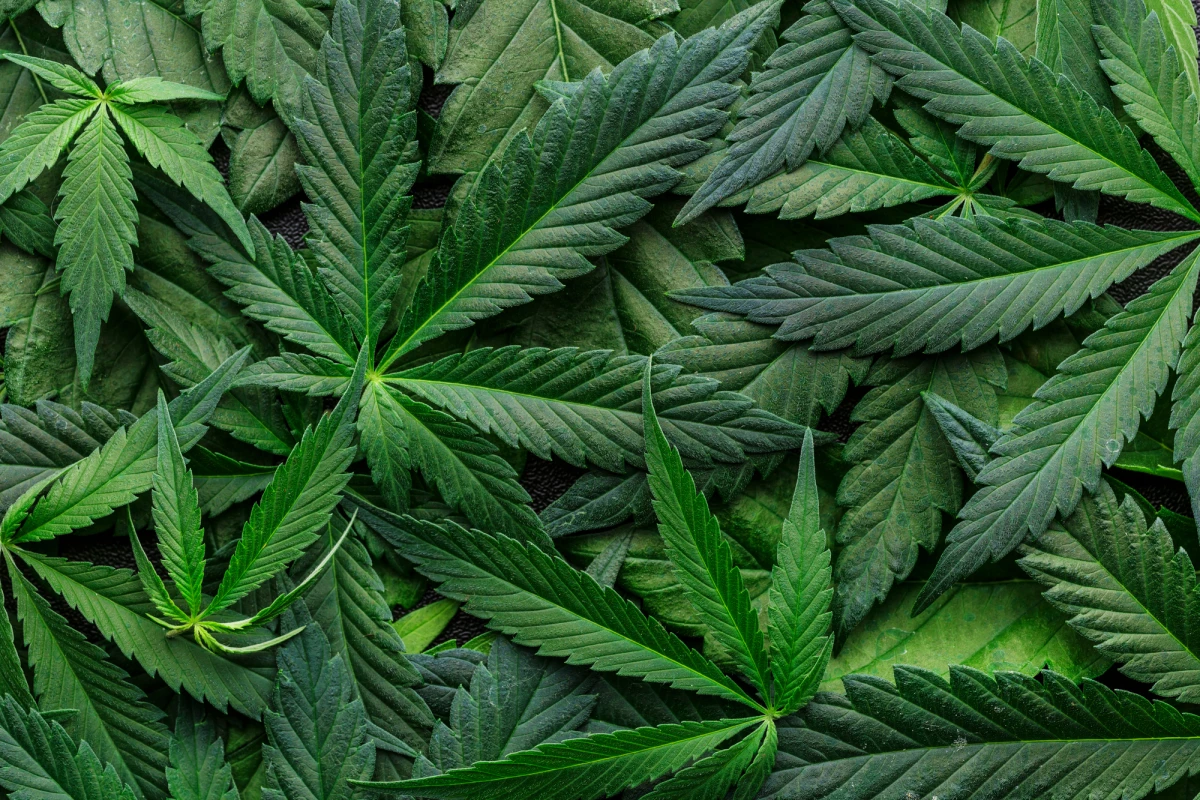Recent years have seen a relaxation of laws in multiple US states around the use of medical and non-medical cannabis, prompting ongoing research into the effects of cannabis on health. Now, a first-of-its-kind study has found a connection between different patterns of cannabis use by patients and how well they recover from surgery.
After alcohol, cannabis is the most commonly used psychotropic drug in the United States. As of November 2022, 21 states, two territories, and the District of Columbia had enacted laws to regulate the non-medical use of cannabis by adults. Legislative changes in the state of Massachusetts between 2012 and 2016 led to the increased prevalence of cannabis use by patients undergoing surgery.
There has been a lot of research into cannabis and its effects on health, both negative and positive. Studies on non-surgical patients report that cannabis use increases the risk of psychiatric illness, adverse cardiovascular and cerebrovascular events. Studies like these suggest that ongoing cannabis use may lead to a need for higher levels of healthcare generally.
However, there is scant data about how cannabis use affects patients undergoing surgery and their postoperative recovery.
In a recent novel study, a team of anesthesiologists from the Beth Israel Deaconess Medical Center (BIDMC) in Boston, Massachusetts, hypothesized that patients that used cannabis would be more likely to require higher levels of healthcare after surgery, including unplanned admissions to the intensive care unit (ICU), readmission to hospital, or discharge to a post-acute care facility.
Researchers looked at de-identified data from 210,639 patients who underwent non-cardiac surgery between January 2008 and June 2020. Patients were differentiated into those who used cannabis prior to surgery (7.7%), those who identified as non-medical cannabis users (86.6%), and those with a diagnosis of cannabis use disorder (13.4%).
Cannabis use disorder is a recognized mental health disorder, defined in the fifth edition of the Diagnostic and Statistical Manual of Mental Disorders (DSM-5) as “a problematic pattern of cannabis use leading to clinically significant impairment or distress.” Put simply, people with cannabis use disorder are unable to stop using despite the health, occupational, and social problems the drug’s use causes.
The researchers found that patients that used cannabis overall had a higher occurrence of co-existing conditions such as substance abuse, depression, anxiety, and schizoaffective disorder. The patients were more likely to be younger and male.
Patients with cannabis use disorder more often required advanced postoperative healthcare than non-cannabis users. Specifically, a diagnosis of cannabis use disorder was associated with higher odds of hospital readmission.
“[A] history of cannabis use disorder might serve as an indicator of potentially complicating factors for patients undergoing anesthesia that in turn contribute to the requirement of higher-level healthcare utilization after surgery,” said Maximillian Schaefer, corresponding author of the study.
Interestingly, cannabis users who did not have cannabis use disorder had lower odds of needing advanced care after surgery compared to patients who had never used cannabis. Moreover, such use was associated with shorter hospital stays in these patients compared to non-cannabis users.
“Our analysis revealed that cannabis use is very common and has substantially increased among patients undergoing surgery, reflecting trends in the general population; however, differential effects on postprocedural health care utilization were observed between patients with moderate non-medical cannabis use and patients with a cannabis use disorder.”
Future studies would provide information on the differences in outcomes between patients who used cannabis non-medically and those with diagnosed cannabis use disorder.
For health professionals, the study results are informative. They reflect the increase in cannabis use in the community since its widespread legalization and the increased likelihood that more patients undergoing surgery will be cannabis users. This information can be factored into an assessment of peri- and postoperative risk.
The study was published in The Lancet’s eClinical Medicine journal.





